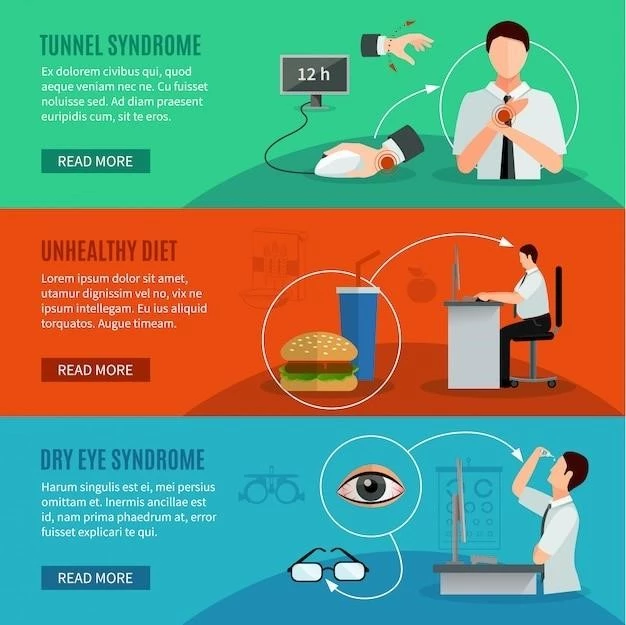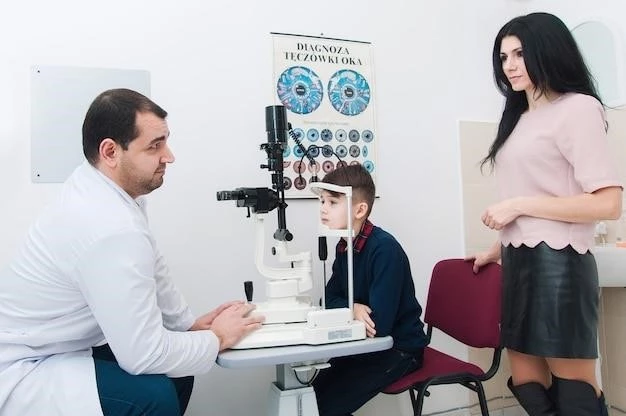Introduction
Retinal disorders impact the delicate retina inside the eye, crucial for clear vision. These conditions, if left untreated, can lead to varying degrees of vision impairment and even blindness. Here, we delve into the world of retinal health and its importance.
Retinal disorders encompass a range of conditions affecting the delicate retina inside the eye. This transparent, light-sensitive structure plays a vital role in vision by receiving and processing light that enters the eye. From age-related macular degeneration to diabetic retinopathy and retinal detachment, these disorders can have varying impacts on vision. Understanding the symptoms, causes, and treatments of these diseases is essential in preserving visual health.
Common Retinal Diseases
Retinal disorders impact the delicate retina inside the eye, leading to various conditions that can affect vision. From macular degeneration to diabetic retinopathy and retinal detachment, these diseases require careful management to prevent vision loss.
Overview of Retinal Disorders
Retinal disorders encompass a range of conditions affecting the delicate retina inside the eye. These disorders can lead to various impacts on vision and may cause blindness if left untreated. Understanding the symptoms, causes, and treatments of these diseases is crucial for maintaining visual health.
Macular Degeneration
Macular degeneration is a common retinal disease that affects the center of the retina, leading to a gradual loss of central vision. This condition can result in blurred or distorted vision, impacting daily activities such as reading and recognizing faces. Early detection and prompt intervention are crucial in managing macular degeneration to preserve visual function.
Retinal Detachment
Retinal detachment is a serious eye condition where the retina is lifted or pulled from its normal position, disrupting vision. Without prompt treatment, it can lead to permanent vision loss. Symptoms include floaters, flashes of light, or a curtain over the field of vision. Immediate medical attention is crucial to prevent irreversible damage.
Genetic Disorders Affecting the Retina
Genetic disorders related to the retina can have varying impacts on vision. X-linked genetic disorders and inherited retinal diseases lead to progressive vision impairment. Understanding the genetic basis of these conditions is crucial for effective management.
X-Linked Genetic Disorders
X-linked genetic disorders primarily impact males due to the inheritance of a defective gene on the X chromosome. Females with one normal and one affected X chromosome may display milder symptoms. These disorders can lead to progressive vision issues, emphasizing the importance of understanding their genetic basis for effective management and treatment.
Inherited Retinal Diseases (IRDs)
Inherited retinal diseases (IRDs) encompass a group of genetic disorders that can lead to progressive vision impairment or blindness. With each disorder being rare, the cumulative impact of IRDs worldwide is significant. Understanding the genetic factors behind these conditions is crucial for effective management and potential future treatment advancements.

Specific Retinal Disorders
Retinal disorders encompass conditions affecting the vital retina, leading to various impacts on vision. From retinitis pigmentosa to Leber congenital amaurosis and central serous chorioretinopathy, each disorder presents unique challenges requiring specialized care and management.
Retinitis Pigmentosa (RP)
Retinitis pigmentosa is a rare group of eye diseases affecting the retina, causing gradual vision loss. This genetic disease, typically present from childhood, leads to the breakdown of retinal cells over time, impacting visual function. Early detection and management are crucial to slow progression.
Leber Congenital Amaurosis (LCA)
Leber congenital amaurosis (LCA) is a rare genetic disorder that affects the retina and can cause severe vision loss from infancy. Understanding the genetic basis of LCA is essential for early diagnosis and potential treatment developments to preserve vision.
Central Serous Chorioretinopathy
Central serous chorioretinopathy is a condition affecting the retina and leading to the accumulation of fluid under the retina, causing distorted vision. Understanding the causes and risk factors of this disorder is crucial for effective diagnosis and management to prevent permanent vision impairment.
Treatment and Management
Effective management of retinal disorders involves various treatment options and ongoing research efforts to address vision impairment. From current treatments to clinical trials, advancements in retinal health aim to improve outcomes and preserve visual function.
Current Treatment Options
Advancements in retinal health offer various treatment options for retinal disorders, aiming to improve visual outcomes. From laser surgery for retinal tears to cell-based and gene therapies for degenerative diseases, these innovative approaches play a crucial role in preserving and restoring retinal function.
Ongoing Research and Clinical Trials
Continued research and clinical trials in the field of retinal disorders aim to develop innovative treatments and therapies to address vision impairment. From exploring cell-based therapies to gene editing techniques, ongoing investigations hold promise for improved outcomes and potential cures for various retinal diseases.

Prevention and Lifestyle
Maintaining healthy habits and undergoing regular eye exams are essential for preserving retinal health and preventing vision loss; By adopting a healthy lifestyle and staying proactive with eye care, individuals can reduce the risk of developing retinal disorders and maintain optimal vision throughout their lives.
Healthy Habits for Retinal Health
Maintaining optimal retinal health involves adopting healthy habits such as consuming a diet rich in antioxidants, protecting the eyes from harmful UV rays, quitting smoking, and managing underlying health conditions like diabetes. These lifestyle choices can help reduce the risk of developing retinal disorders and promote overall eye health.
Regular Eye Exams and Screenings
Regular eye exams are essential for early detection of retinal disorders. Through screenings, eye care professionals can identify potential issues and initiate timely interventions to preserve vision. Maintaining a consistent schedule of eye exams is key to monitoring retinal health and addressing any concerns proactively.
